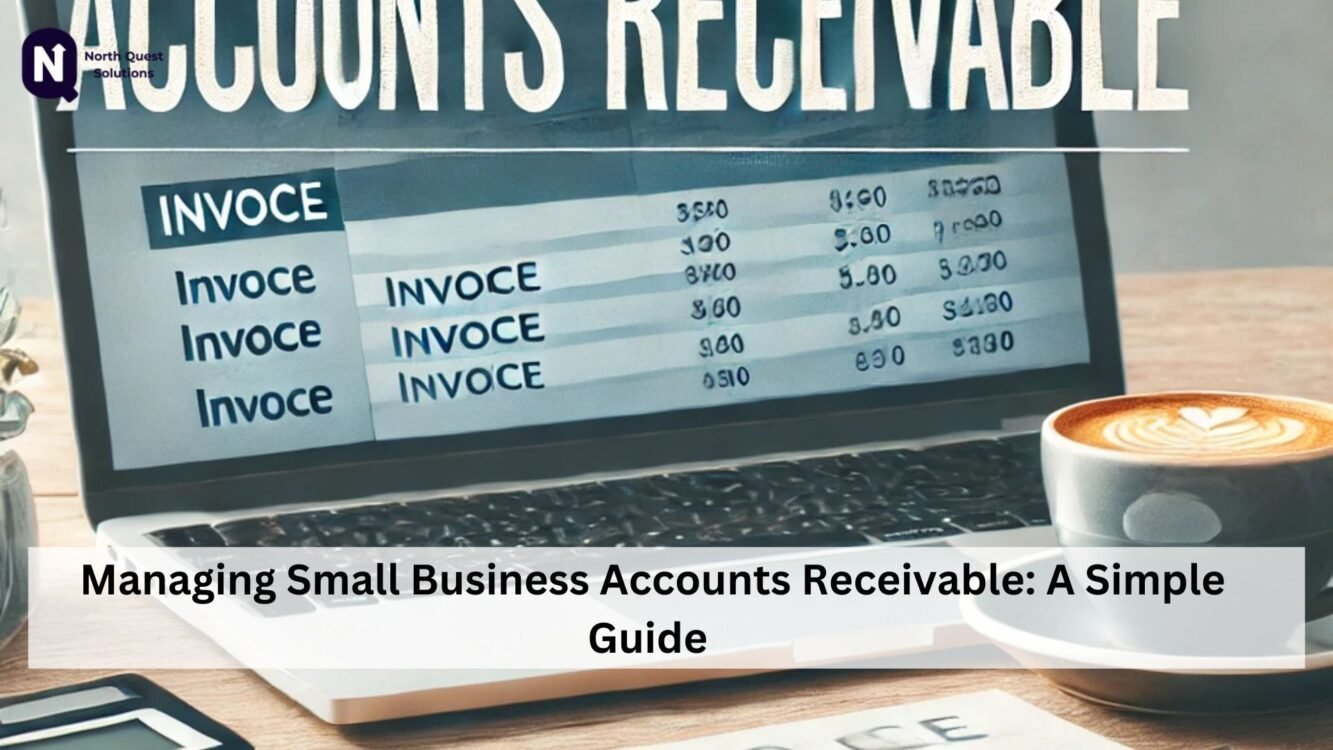Managing Small Business Accounts Receivable: A Simple Guide
Effective management of small business accounts receivable is essential for maintaining a healthy cash flow and ensuring financial stability. For small businesses, timely collection of payments can significantly impact growth and operations. This guide will explore key strategies to optimize your small business accounts receivable process. What Are Small Business Accounts Receivable? Small business accounts receivable refers to the money owed to a business by its customers for products or services sold on credit. This unpaid revenue is recorded as an asset in your business ledger until it is collected. Managing small business accounts receivable effectively ensures steady income and avoids cash flow bottlenecks. Tips for Managing Small Business Accounts Receivable 1. Establish Clear Payment Terms Set clear expectations for your clients regarding payment timelines and terms. Specify due dates, late fees, and accepted payment methods in contracts or invoices to avoid confusion and ensure smooth small business accounts receivable collection. 2. Use Invoicing Software Investing in reliable invoicing software can streamline your small business accounts receivable process. Automated reminders, easy tracking, and professional invoice templates help you stay organized and follow up on unpaid invoices effectively. 3. Monitor Customer Creditworthiness Before extending credit, evaluate the credit history of your customers. Offering credit to reliable clients reduces the risk of late payments and improves your small business accounts receivable performance. 4. Offer Multiple Payment Options Providing flexible payment options, such as credit cards, digital wallets, or bank transfers, makes it easier for customers to pay on time. This approach can significantly enhance your small business accounts receivable turnover rate. 5. Follow Up PromptlySend reminders a few days before the payment is due and follow up immediately after the due date. Consistent communication is key to managing small business accounts receivable efficiently. Why Efficient Small Business Accounts Receivable Management Matters Poor management of small business accounts receivable can lead to delayed payments, strained cash flow, and financial instability. On the other hand, a well-managed small business accounts receivable system improves liquidity, supports operational expenses, and fosters better client relationships. Conclusion Effectively managing small business accounts receivable is a critical aspect of running a successful enterprise. By implementing clear payment terms, leveraging technology, and staying proactive with follow-ups, small businesses can optimize their cash flow and ensure long-term financial health. Start focusing on your small business accounts receivable today to secure a brighter future for your business! FAQs: Small Business Accounts Receivable Q1: What does accounts receivable mean for small businesses? A: Small business accounts receivable refers to the money owed by customers for goods or services sold on credit. It represents income that is yet to be collected and is crucial for maintaining a healthy cash flow. Q2: Why is managing accounts receivable important for small businesses? A: Efficient management of small business accounts receivable ensures steady cash flow, reduces the risk of bad debts, and supports day-to-day operations without financial strain. Q3: How can I improve my small business accounts receivable process? A: You can improve your small business accounts receivable process by: Setting clear payment terms. Using invoicing software for automation. Offering multiple payment options. Monitoring customer creditworthiness. Following up on overdue payments. Q4: What tools can help manage small business accounts receivable? A: Invoicing and accounting software like QuickBooks, Xero, or FreshBooks can streamline your small business accounts receivable management by automating invoices, tracking payments, and sending reminders. Q5: What are the common challenges in managing small business accounts receivable? A: Common challenges include late payments, unresponsive customers, difficulty tracking invoices, and insufficient follow-ups. Addressing these issues is key to effective small business accounts receivable management.
Read More
